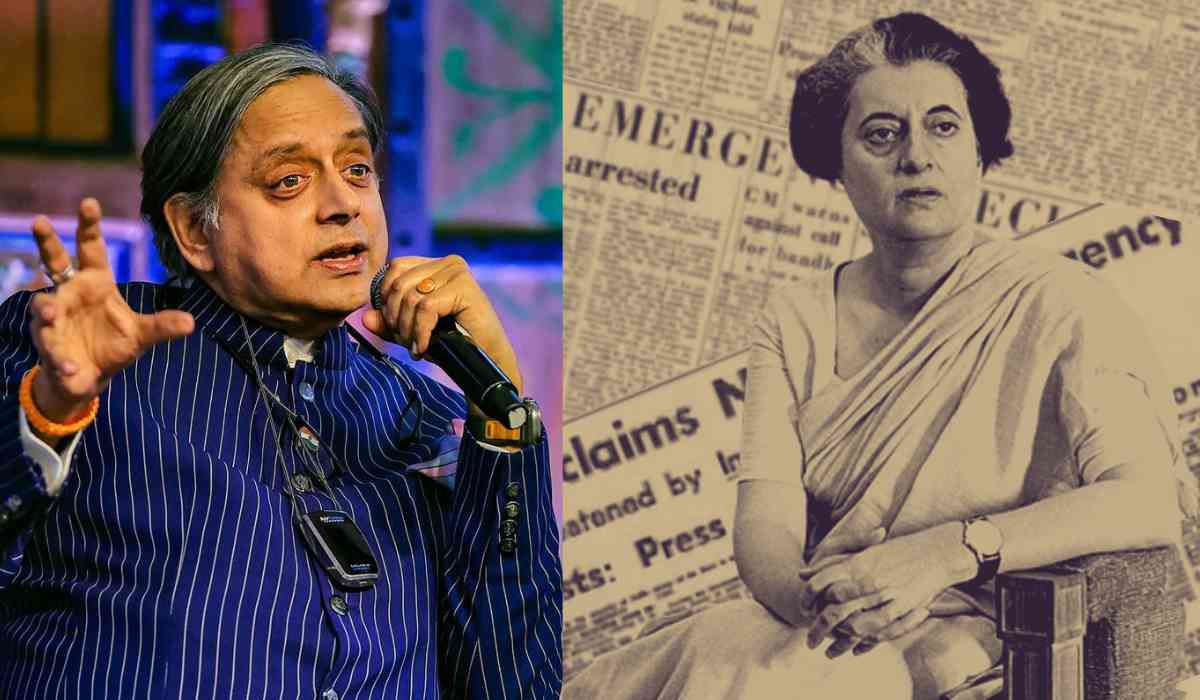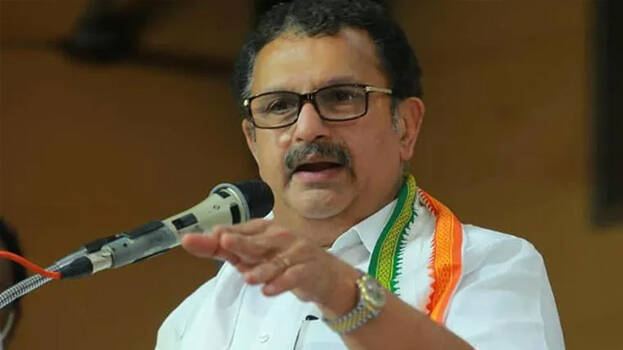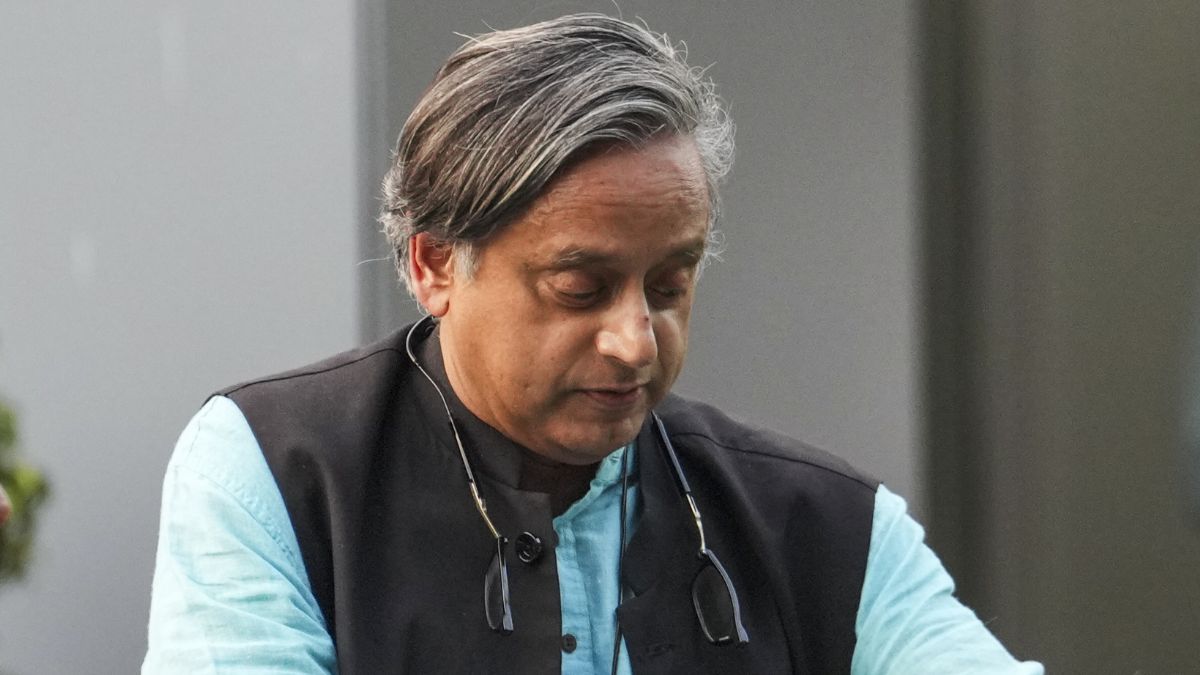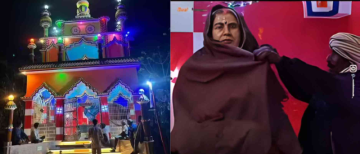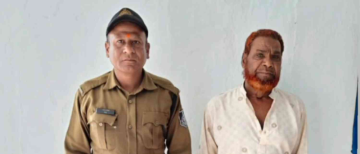A recent article by senior Congress leader Shashi Tharoor, sharply criticizing the Emergency period imposed by former Prime Minister Indira Gandhi, has set off a political storm in Kerala and within the Congress party itself. The fallout has seen key Kerala Congress leaders publicly distancing themselves from Tharoor, raising questions about his future in the party and sparking a wider debate on how India remembers its past.

What Did Tharoor Write?
In his column published in the Malayalam daily Deepika, Tharoor described the Emergency (1975-77) as a time of “cruelties beyond words.” He detailed the forced sterilization campaigns led by Sanjay Gandhi, which targeted poor and rural communities, and the demolition of slums in cities like New Delhi that left thousands homeless. Tharoor’s article argued that the Emergency should not just be seen as a “dark page” in history, but as a warning about the dangers of unchecked power and the need to protect democratic institutions like the media and judiciary.
He wrote,
“The quest for ‘discipline’ and ‘order’ often translated into unspeakable cruelty... Anyone who has faith in democracy should ask: Are we doing enough to protect civil society and institutions like the media and judiciary?”
Congress Leaders React
Tharoor’s remarks did not go down well with many in the Kerala Congress. Senior leader K Muraleedharan openly criticized Tharoor, saying that his actions have put the party in an uncomfortable position. Muraleedharan urged Tharoor to “choose his path” — either remain in the Congress and express dissent internally, or step down and pursue his own political journey.
“If he feels constrained in the present set-up, he should step down from the posts entrusted to him and move forward on a political path of his choice,” Muraleedharan told reporters.
Other Congress leaders, including the Leader of Opposition in the Kerala Assembly, V D Satheesan, avoided commenting directly, saying it was up to the national leadership to respond. Some party members, however, accused Tharoor of echoing the BJP’s criticism of the Congress, with one even calling him a “BJP parrot” without naming him directly.
Why Is This Controversial?
The Emergency remains a sensitive topic for the Congress. While the party has sometimes admitted past mistakes, it rarely allows senior leaders to publicly criticize the actions of Indira Gandhi and Sanjay Gandhi, who are closely linked to the Nehru-Gandhi family’s legacy. Tharoor’s article comes at a time when the Congress is trying to rebuild its image in Kerala ahead of the 2026 Assembly polls, and his popularity as a potential chief ministerial candidate has already made some party leaders uneasy.
Tharoor’s willingness to praise leaders from other parties, including Prime Minister Narendra Modi, has also been a point of contention within Congress circles. Some see his independent stance as refreshing, while others view it as disloyalty.
What Are People Saying?
The public reaction has been mixed. Many ordinary citizens and political observers appreciate Tharoor’s honesty and his call to learn from history to protect democracy today. Some panelists on national TV debates have said that Tharoor is one of the few opposition leaders who speaks in a way that resonates with common people and upholds democratic values.
However, others argue that bringing up the Emergency now is not relevant, and that such criticism only weakens the Congress at a time when it needs unity. There is also a concern that repeated internal conflicts make the party look divided and indecisive.
What Does This Mean for Congress and Kerala Politics?
The episode has exposed the deep divisions within the Congress over how to deal with its past and how to position itself in the future. For the Kerala Congress, distancing itself from Tharoor may help maintain party discipline, but it also risks alienating a leader who is popular among voters and seen as a voice for reform.
For Tharoor, the controversy could either push him further to the margins of the party or establish him as a principled leader willing to speak uncomfortable truths. His future moves will be closely watched, especially as the state gears up for crucial elections.
The Bigger Picture
This uproar highlights a key challenge for all political parties: how to balance respect for their history with the need to address past mistakes honestly. Tharoor’s article is a reminder that democracy requires constant vigilance, and that learning from history is essential to prevent the return of authoritarian tendencies.
As India continues to debate the legacy of the Emergency, the real question may not be about which party is right or wrong, but about how the country can ensure that such a period is never repeated — and how leaders, regardless of party, can put the interests of democracy above personal or party loyalty.
With inputs from agencies
Image Source: Multiple agencies
© Copyright 2025. All Rights Reserved Powered by Vygr Media.

